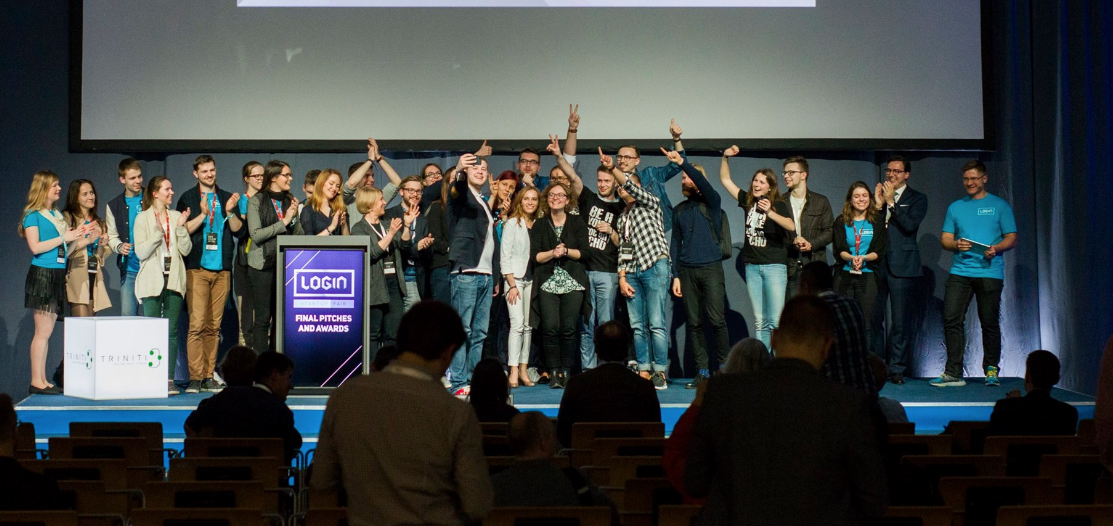Lithuania’s Startup Visa Scheme Explained
2017
Jan 26
Jan 26

New immigration legislation in Lithuania came into force from January, which aims to attract ambitious non-EU entrepreneurs to the country. This is otherwise known, as the Startup Visa. In a matter of weeks, a new platform will be available allowing non-EU startups (founders, teams and family members) to conveniently apply for a 1 year-long temporary residence permit that could then be extended for a longer period.
Startup Lithuania explains how the scheme will work.
Who is it meant for?
The startup visa is aimed at attracting innovative, non-EU, startup founders to Lithuania.
What will you get if you’re confirmed?
If your startup is approved, you will be able to apply for temporary residence permit without having to meet previous requirements (such as capital and other obligations) for 1 year (+1). You will also be able to bring your family, and establish your company in Lithuania, with access to the EU market.
Are you eligible?
– You must be a startup operating in one of the following fields:
- Information technologies
- Biotechnologies
- Nanotechnologies
- Mechatronics
- Electronics
- Laser technologies
– Your business must be innovative and scalable.
– You must have enough financial resources to sustain your business and achieve the goals you set for your business’ 1st year.
How to apply and how will the application process look like?
The application process will consist of two major steps:
1) getting your idea approved by a Enterprise Lithuania/Startup Lithuania;
2) Applying for a temporary residence permit from the Migration department.
Step 1. Getting your idea approved by a committee:
a) You should submit an online application. The website will be launched in a few weeks, meanwhile, you can contact Enterprise Lithuania for more details. The form will include questions such as: personal information, team roles and background, information about your startup, 1 year action plan with needed financial resources, 2 year strategy.
b) You will pitch your idea in a video interview with Startup Lithuania’s representatives. You’ll have 2-5 minutes to present yourself and your startup. This interview will be recorded and added to your overall application.
c) An evaluation committee (made up of representatives from startup accelerators, venture capital funds, Startup Lithuania and the Agency for Science, Innovation and Technology) will evaluate. Criteria such as business scalability, innovation potential, 1 year action plan + 2 year strategy, your overall qualifications and financial ability to execute the idea, as well as the applicant’s role significance within the team, will be evaluated. Each criteria will be rated on a scale of 1-5, an overall average of 3.0 AND 4 positive votes by the committee will be needed to be approved. The committee will make its decision in about 10 business days.
d) In some cases, where the committee might need help evaluating technical details, your application will be sent to a specialist in order to evaluate the underlying technology. Having received this additional evaluation, the committee will continue their evaluation.
Step 2. Applying for a temporary residence permit
a) If your idea is approved, you will receive an official document from Enterprise Lithuania, which will confirm that your startup is suitable.
b) Then you’ll be able to apply for a temporary residence permit from the Migration department – either in person in Vilnius or at any Lithuanian embassy abroad. Applications will be processed in about 1 month (fast track, for a premium) or 2 months (normal).
c) When approved, you’ll need to establish a company in Lithuania within 30 days of receiving your permit.
What happens after 1 year?
In order to extend your temporary residence permit for an additional year, you will have to submit a progress evaluation form and your further 2 year strategy a few months before your original permit expires.
Following the same system and criteria as before, the evaluation committee will evaluate your progress and achievements of the past year, and make a decision about the extension of your permit.
In order to stay after the first 2 years, you will have to meet the migration requirements that apply for standard businesses.
What should you do now?
Learn more and apply at: www.startupvisalithuania.com
You can also drop us a line at [email protected] for more information.
